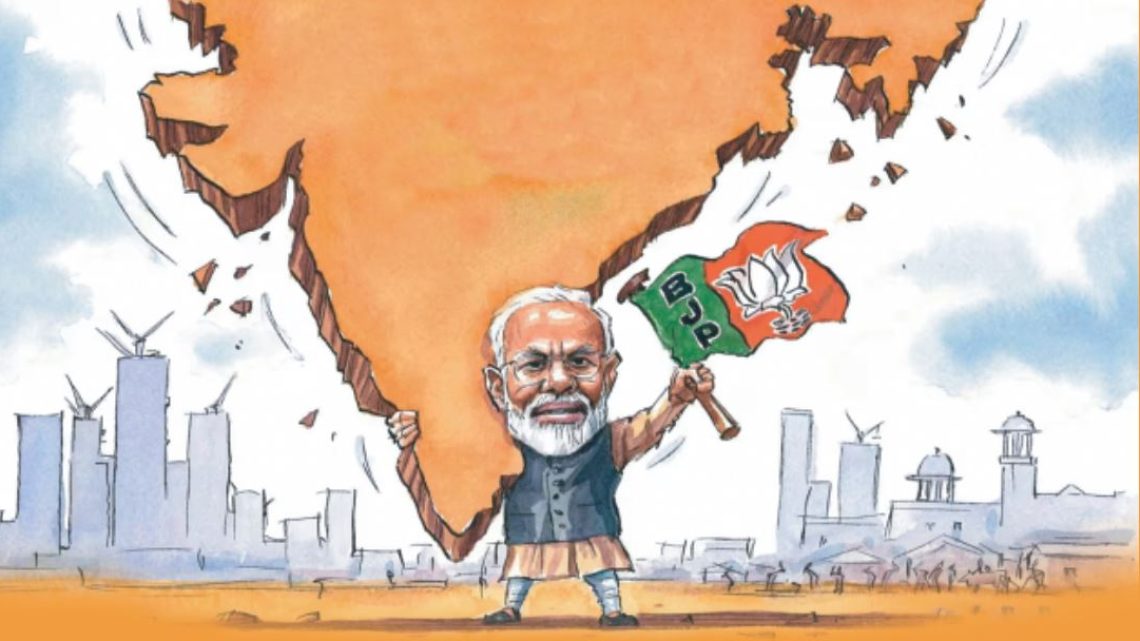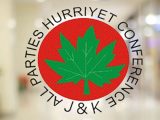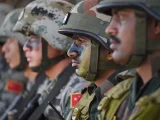
India’s Misleading Facts on IIOJK Elections to Diplomats
September 23, 2024India has invited foreign diplomats to illegally occupied Jammu and Kashmir, aiming to showcase its ongoing manipulated elections. This visit, starting September 25, seeks to obscure the real conditions in this disputed territory.
India’s Ministry of External Affairs has invited about 20 diplomats from various embassies, including those from the US, France, and Germany. Critics view this as a strategic maneuver to project a facade of normalcy in a region stripped of its special status in 2019.
Many question the legitimacy of these elections, arguing they cannot replace the UN-promised plebiscite intended to determine Kashmir’s political future. UN resolutions clarify that elections are insufficient to resolve such deep-rooted disputes.
Critics further highlight the context of these elections. Thousands of Kashmiris, including leaders and activists, remain imprisoned, effectively silencing dissenting voices. This repression raises serious doubts about the credibility of any electoral process in the region.
The diplomats’ visit is also marked by restricted access, leading some to label it a “guided tour.” Many embassies expressed concerns over the short notice given for the visit. Notably, the Canadian High Commission was excluded from the invitation, raising questions about the selection criteria.
This is not the first instance of such a diplomatic initiative. In 2020, India organized a similar visit to present a narrative of progress following the revocation of Article 370. Yet, the international community remains skeptical about India’s true intentions, especially given ongoing concerns regarding the rights of Kashmiris.
Despite official claims of returning normalcy, violence in the region has increased. Observers urge the international community to look beyond the orchestrated narrative and recognize the complexities of the situation.
Kashmiri leaders strongly criticize the visit, emphasizing that elections cannot serve as a substitute for the UN-mandated plebiscite. This demand reflects a broader call for acknowledging the political aspirations of the Kashmiri people.
The backdrop of increased militarization and restricted freedoms paints a stark contrast to the image India aims to project. The narratives surrounding Jammu and Kashmir deserve deeper examination, rather than a surface-level understanding based on carefully staged visits.
As the diplomats prepare for their tour, it is crucial to consider the broader implications of their presence. Will they engage with the realities faced by the local population, or merely observe a curated version of events?
Ultimately, the situation in Jammu and Kashmir remains complex due to political struggle, human rights violations, and aspirations for self-determination. Genuine engagement with the local context is essential for any meaningful dialogue about the region’s future.

